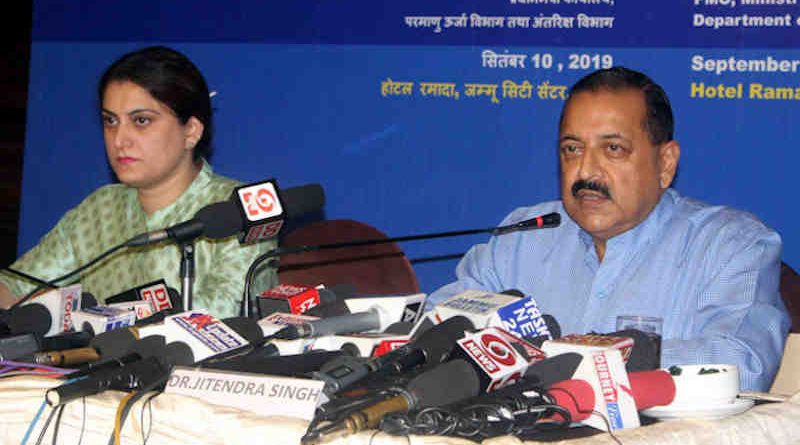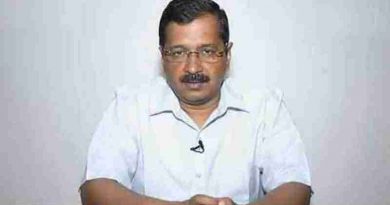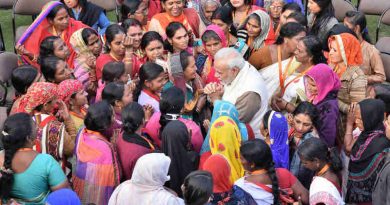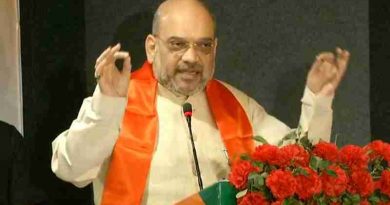Kashmir Is Free from Restrictions: Indian Minister
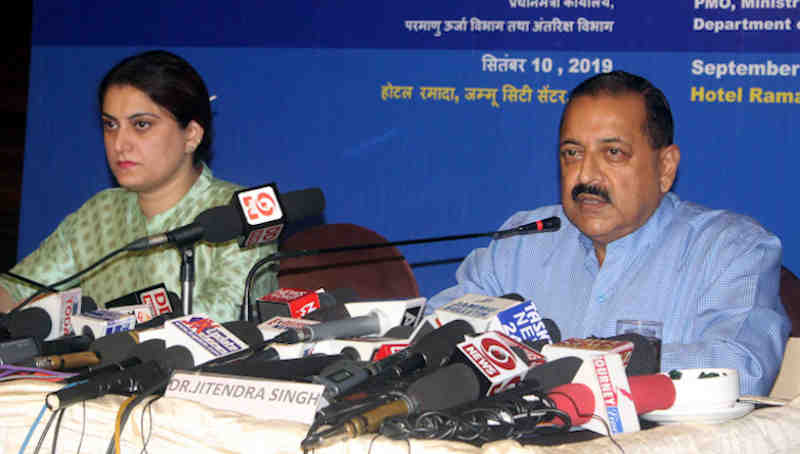
Jitendra Singh said that Kashmir is free from restrictions and the movement of people is going on without any hindrance while the situation is fast returning to normal.
By Rakesh Raman
An Indian minister in the Prime Minister Office (PMO) Jitendra Singh said Sunday (September 10) that the abrogation of Article 370 is the biggest achievement of government under the leadership of PM Narendra Modi in the first 100 days of its second term which is being rejoiced by the people of Jammu & Kashmir (J&K).
Kashmir – which is a disputed territory between India and Pakistan – is facing extreme human rights violations being committed by the Indian security forces. However, Modi’s minister Jitendra Singh said that Kashmir is free from restrictions and the movement of people is going on without any hindrance while the situation is fast returning to normal.
Jitendra Singh’s statement is a blatant lie, as the UN High Commissioner for Human Rights Michelle Bachelet said on Monday (September 9) that India should restore human rights of the people of Kashmir.
In her opening statement for the global update at the 42nd session of the Human Rights Council in Geneva, Ms. Bachelet said she is deeply concerned about the impact of recent actions by the Government of India on the human rights of Kashmiris, including restrictions on internet communications and peaceful assembly, and the detention of local political leaders and activists.
[ Also Read: British MP to Modi: You Cannot Silence the People of Kashmir ]
Her statement comes close on the heels of UN Secretary-General António Guterres’ remarks who expressed his concern over reports of restrictions on the Indian side of Kashmir, which – he said – could exacerbate the human rights situation in the region.
Meanwhile, India claimed on Tuesday (September 10) that the revocation of J&K‘s special status with the abrogation of Article 370 was within the country’s sovereign right and an internal matter. Thus, India rejected Pakistan’s demand for an international probe by the United Nations Human Rights Council (UNHRC) into the Kashmir issue.
Exercising its right to respond to Pakistan Foreign Minister Shah Mehmood Qureshi’s statements at the 42nd session of the UNHRC in Geneva, India maintained that Article 370 was a temporary provision of the Indian Constitution.
Earlier, in a despotic move, Modi government had imposed a curfew in Kashmir and millions of people have been locked in their homes since August 4, a day before revoking Article 370 for J&K. The Modi government is also not allowing the press to cover the burning situation in Kashmir.
By Rakesh Raman, who is a national award-winning journalist and social activist. He is the founder of a humanitarian organization RMN Foundation which is working in diverse areas to help the disadvantaged and distressed people in the society. He also creates and publishes a number of digital publications on different subjects.

